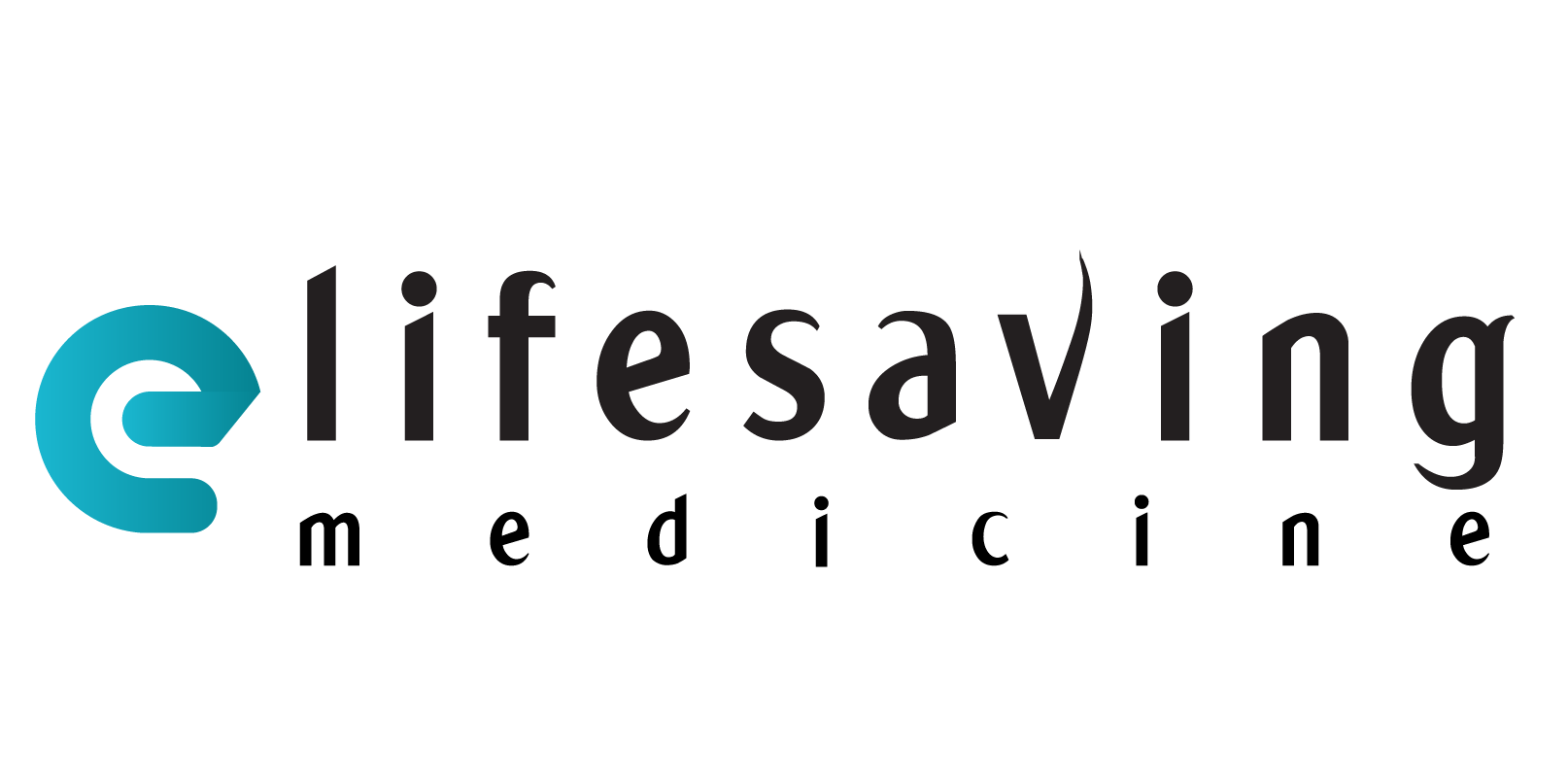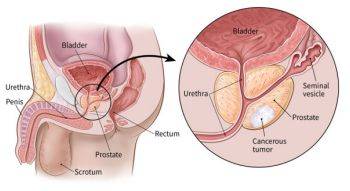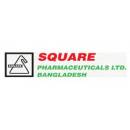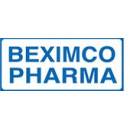What are male sex hormones?
Hormones are substances that are made by glands within the body. Hormones apply within the bloodstream and control the actions of certain cells or organs.
Androgens (male sex hormones) are a denomination of hormones that control the event and maintenance of male characteristics. The most multiplex androgens in men are testosterone and dihydrotestosterone (DHT).
Androgens are required for normal growth and performance of the prostate, a gland within the male genital system that helps make semen. Androgens are obligate for prostate cancers to grow. Androgens develop the expansion of both normal and cancerous prostate cells by binding to and activating the androgen receptor, a protein that’s revealed in prostate cells. Once activated, the androgen receptor animate the expression of specific genes that cause prostate cells to grow.
Almost all testosterone is produced within the testicles; a little amount is produced by the adrenal glands. Although prostate cells don’t normally make testosterone, some prostatic adenocarcinoma cells acquire the power to try to to so
How does hormone therapy work against prostate cancer?
Early in their improvement, prostate cancers need androgens to grow. Hormone therapies, which are treatments that decrease androgen levels or block androgen action, can inhibit the expansion of such prostate cancers, which are therefore called castration sensitive, androgen dependent, or androgen sensitive.
Maximum prostate cancers eventually shut responding to hormone therapy and become castration (or castrate) prohibitive. That is, they still grow even when androgen levels within the body are extremely low or undetectable. Earlier on, these tumors were also called hormone resistant, androgen independent, or hormone turbulent; tho, these terms are ever used now because the tumors aren’t truly independent of androgens for their growth. In fact, some newer hormone therapies became available which will be wont to treat tumors that became castration resistant.
What types of hormone therapy are used for prostate cancer?
Hormone therapy for prostate cancer be able to block the production or use of androgens. Now obtainable treatments can do so in several ways: • reducing androgen production by the testicles • hindering the act of androgens throughout the body • block androgen production (synthesis) throughout the body
Types of hormone therapy
Several types of hormone therapy can be used to treat prostate cancer.
Treatment to lower testicular androgen levels Androgen deprivation therapy, also called ADT, uses surgery or medicines to lower the levels of androgens made in the testicles. Orchiectomy (surgical castration) LHRH agonists LHRH antagonists
Possible side effects
Orchiectomy and LHRH agonists and antagonists can all cause identic side effects from lower levels of hormones like testosterone. These side effects can include:
• Reduced or absent sexual desire • Erectile dysfunction (impotence) • Shrinkage of testicles and penis • Hot flashes, which can recover or get away with time • Osteoporosis (bone thinning), which may cause broken bones • Anemia (low red blood cell counts) • Decreased mental sharpness • Loss of muscle mass • Weight gain • Fatigue • Increased cholesterol levels • Depression
Some research has published that the risk of high blood pressure, diabetes, strokes, heart attacks, and even death from heart disease is higher in men treated with hormone therapy, though not all studies have found this.
Treatment to lower androgen levels from the adrenal glands
LHRH agonists and antagonists can stop the testicles from making androgens, but cells in other parts of the body, like the adrenal glands, and prostatic adenocarcinoma cells themselves, can still make male hormones, which may fuel cancer growth. Drugs are obtainable that block the construction of androgens made by these cells.
Abiraterone (Zytiga) blocks an enzyme (protein) named CYP17, which helps discontinue these cells from making androgens. Abiraterone are often utilized in men with advanced prostatic adenocarcinoma that’s either:
High risk (cancer with a high Gleason score, spread to many spots within the bones, or spread to other organs) Castrate-reverberating (cancer that’s still developing for low testosterone levels from an LHRH agonist, LHRH antagonist, or orchiectomy)
Possible side effects: Abiraterone can cause joint or muscle pain, high vital sign, fluid buildup within the body, hot flashes, indigestion, and diarrhea. Ketoconazole execute cause high liver blood tests, nausea, vomiting, gynecomastia (enlargement of breast tissue in men) and a rash.
Drugs that stop androgens from working ,
Anti-androgens
They are taken daily as pills.
Newer anti-androgens
Enzalutamide (Xtandi), (Erleada) are newer sorts of anti-androgens.
All of those drugs are often helpful in men with cancer that has not spread but is not any longer responding to other sorts of hormone therapy (known as non-metastatic castrate-resistant prostate cancer (CRPC), described below).
Enzalutamide also can be used for metastatic prostatic adenocarcinoma (cancer that has spread), whether it’s castrate-resistant or castrate-sensitive (still responding to other sorts of hormone therapy).
Apalutamide also can be used for metastatic castrate-sensitive prostatic adenocarcinoma.
These drugs are taken as pills every day.
Side effects can comprise diarrhea, fatigue, rash, and worsening of hot flashes. These drugs also can cause some system nervosum side effects, including dizziness and, rarely, seizures. Men taking one among these drugs are more likely to fall, which can cause injuries. Some men also had heart problems associated with these newer sorts of anti-androgens.
The above information comes from the Internet. Any advice on the use of the drug is for reference only. Please consult with doctor for medical advice.
For most prostatic adenocarcinoma cells to grow, androgens need to attach to a protein within the prostatic adenocarcinoma cell called an androgen receptor. Anti-androgens are drugs that also hook up with these receptors, keeping the androgens from causing tumor growth. Anti-androgens also are occasionally named androgen receptor antagonists. Drugs of this type include:








